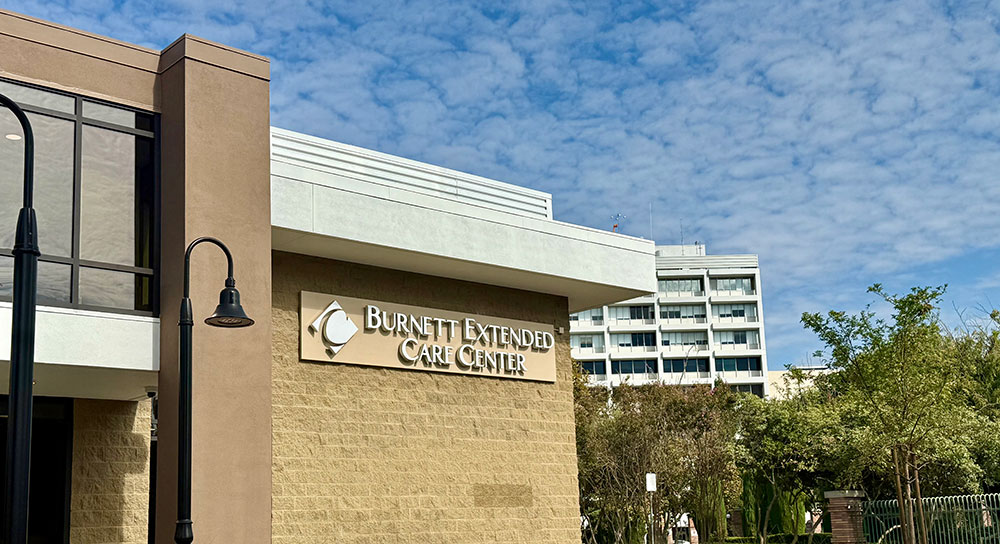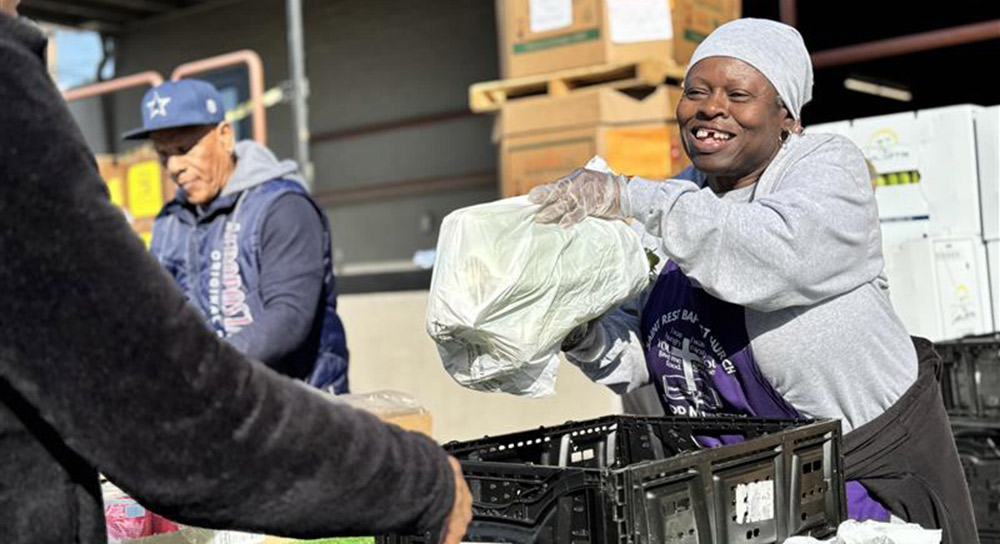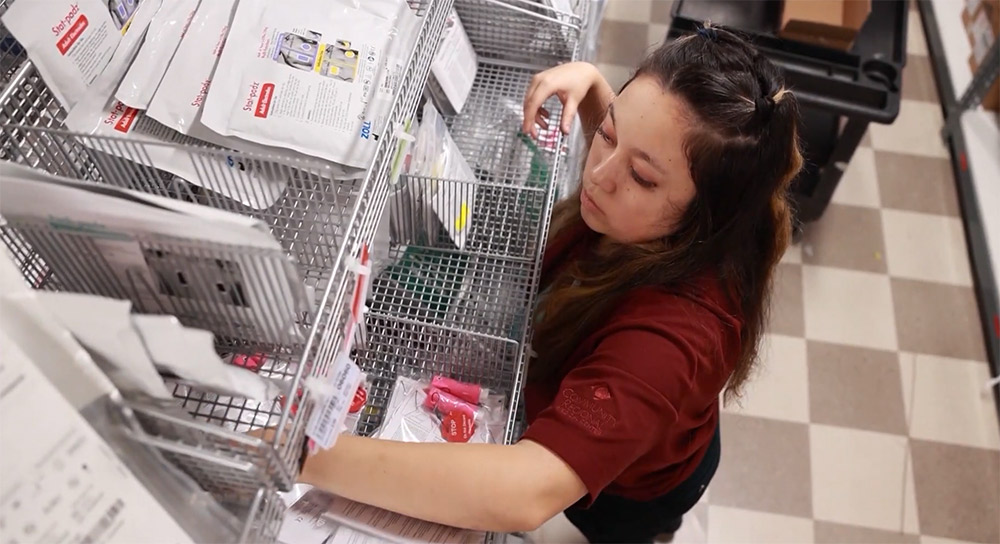People would not be wrong to think of COVID-19 as primarily a respiratory disease. But it also attacks other parts of the body and sometimes only the brain or the digestive system may be involved, said Dr. Mohamed Fayed, a pulmonary disease specialist who's one of the primary UCSF Fresno faculty members doing research locally on COVID-19 treatments.
Dr. Fayed is also part of the ECMO (extracorporeal membrane oxygenation) team at Community Regional Medical Center that has helped treat the sickest COVID-19 patients. ECMO is a form of advanced life support that takes over heart and lung function for extended periods of time. Community has the only ECMO clinical team and equipment to treat adults in the Valley.
“I remember one young patient who ended up on ECMO and her only symptom before she came into the emergency room was she felt dizzy and passed out while sitting on the couch,” described Dr. Fayed. The woman had no fever and no shortness of breath before she passed out. Lung and heart scans in the ER showed nothing amiss. But a COVID-19 test in the hospital was positive and the virus eventually triggered a heart attack, he explained.
Besides the lungs, COVID-19 mostly attacks the heart.
Dr. Shamsuddin Khwaja, medical director of cardiothoracic surgery at Community Medical Centers, explained why: “The virus tends to be attracted to certain receptors or proteins in the heart muscle and blood vessels, and that can have direct effects such as a cytokine storm or an inflammatory reaction.”
Advanced heart care available close to home
Clovis resident Gary Hill’s lingering COVID-19 infection caused congestive heart failure that led him to need surgery. Nearly 1% to 8% of patients will experience heart damage that severe from COVID-19, said Dr. Khwaja.
Lucky for Hill, he lives in Clovis and near life-saving advanced heart care at Community’s hospitals. Dr. Khwaja was able to implant a tiny battery-operated pump to keep Hill’s heart pumping blood to the rest of his body. The left ventricular assist device, or LVAD, is used to keep patients alive until they can receive a heart transplant, or restore failing hearts and eliminate the need for a transplant altogether.
Community Health System is committed to bringing together top experts and technology to continually advance medical care in the Valley, providing more access to cardiac care.
See this story on MedWatch Today


.jpg?language=en-US)


